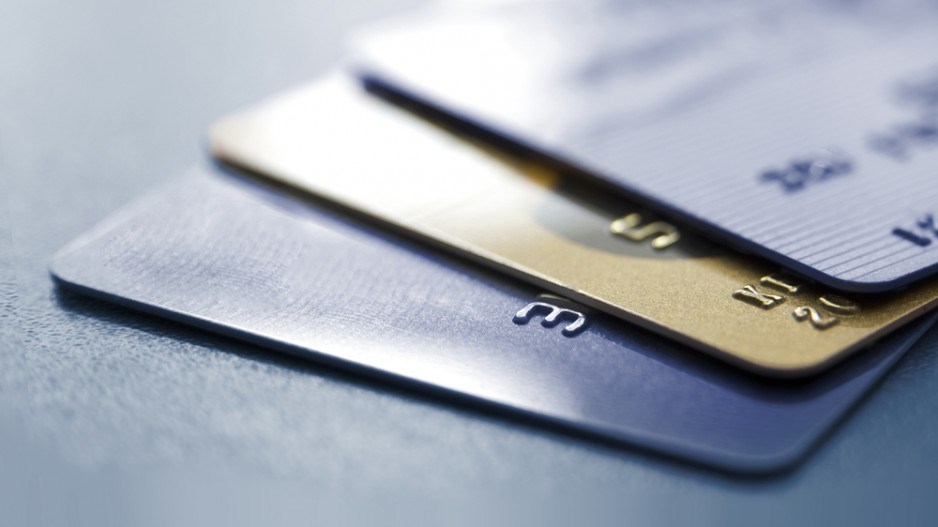According to the latest TransUnion data, average non-mortgage consumer debt in B.C. rose 3.7% to $38,619 in 2013’s first quarter from $37,244 in 2012’s fourth quarter.
In contrast, average debt levels nationally fell 2%, with Quebec and Ontario seeing the biggest percentage declines of above 4%.
On the surface, this is bad news for B.C. It suggests that residents might not be heeding the warnings over record household debt by the top stewards of Canada’s financial system.
But it could also show that those who are “above average” financially are better off, while those in dire financial straights are struggling even more.
TransUnion’s data showed that average credit card balances fell nationally quarter-over-quarter to $3,463 – only a dollar more than average balances in 2012’s first quarter.
But not everyone with a credit card carries a balance. According to the Financial Consumer Agency of Canada, more than half of cardholders pay off their balance each month.
The rest still manage their balances pretty well. TransUnion’s data said B.C. had among the lowest credit card delinquency rates in the country at 0.30%. And while it said B.C. had the highest delinquency of personal lines of credit, that rate was a mere 0.25%. Only 0.06% of auto loans were delinquent in B.C.
A Harris/Decima poll conducted for CIBC released last week also found that although 21% of British Columbians have seen their debt load increase in the past year, 31% said it had stayed the same with a significant proportion cutting their debt levels. The poll found that 64% of B.C. residents manage some form of debt, down from 71% a year ago – the biggest decline in Canada.
So are we really worse off? Probably yes, if you carry more than $3,500 in credit card debt and $35,000 in personal lines of credit or a $20,000 car loan.
Otherwise, B.C. households must be doing something good with their disposable income, with retail sales in B.C. declining so far this year despite rising average wages. If they’re not spending,hopefully they are saving or cutting debt – and that is a good thing. •




